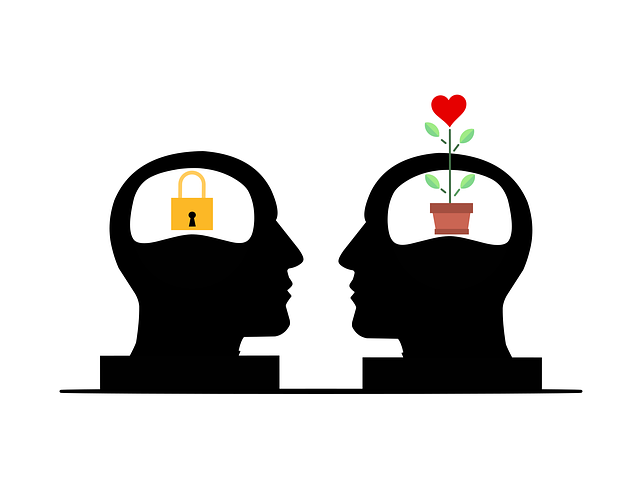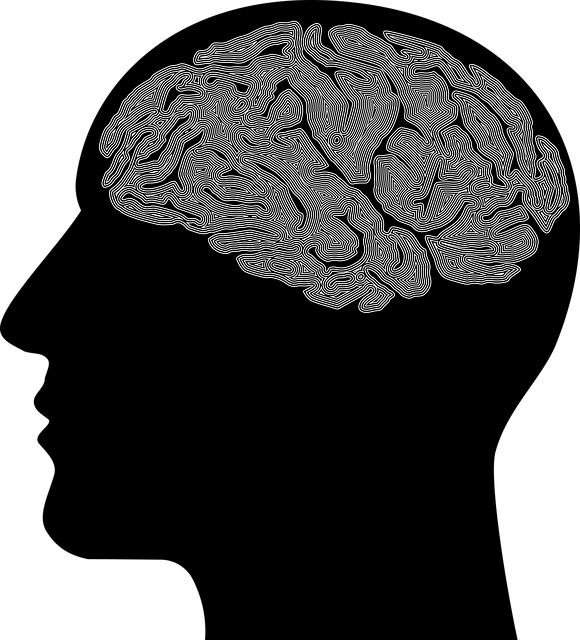Mental Health Crisis Hotlines in Denver offer 24/7 support for emotional distress, with specialized services like Denver Mandarin Chinese Speaking Therapy catering to diverse communities. These initiatives bridge language barriers, provide culturally sensitive care, and ensure accessible mental health resources for all. Therapists contribute to community workshops, education programs, and risk assessments, fostering inclusive practices and addressing unique challenges faced by linguistically diverse populations in Denver.
In today’s fast-paced world, mental health crisis hotline support services play a crucial role in assisting individuals navigating intense emotions. This article explores the significance of these hotlines, with a particular focus on Denver Mandarin Chinese Speaking Therapy Services, catering to the unique needs of the growing Chinese community. We’ll delve into how to access these resources effectively and emphasize the power of building a supportive network within communities, ensuring everyone has access to quality mental health care.
- Understanding Mental Health Crisis Hotlines
- The Role of Denver Mandarin Chinese Speaking Therapy Services
- Accessing and Utilizing These Support Resources
- Building a Network of Community Support
Understanding Mental Health Crisis Hotlines

Mental Health Crisis Hotlines serve as vital resources for individuals facing emotional distress or mental health crises. These dedicated lines provide immediate support and guidance, offering a safe space to express fears, concerns, or overwhelming emotions. They are designed to be accessible 24/7, ensuring help is available whenever needed, whether it’s midnight or the early morning hours.
In urban centers like Denver, where cultural diversity thrives, specialized services catering to specific communities have emerged. For instance, Denver Mandarin Chinese Speaking Therapy offers crucial support to individuals within the Asian community who may face language barriers when seeking mental health assistance. This initiative addresses burnout prevention strategies for healthcare providers and promotes stress reduction methods tailored to diverse populations. By providing multilingual resources, such as crisis hotlines, inner strength development becomes more inclusive, ensuring no one feels left behind in accessing much-needed support during challenging times.
The Role of Denver Mandarin Chinese Speaking Therapy Services

In Denver, Mandarin Chinese speaking therapy services play a pivotal role in providing mental health support to a unique and often overlooked demographic. With a growing diverse population, there’s a critical need for culturally sensitive care that understands the nuances of different languages and cultural contexts. These services bridge the gap between limited English proficiency individuals and accessible mental healthcare, ensuring everyone receives the help they need.
Beyond individual therapy sessions, Denver Mandarin Chinese speaking therapists contribute to broader mental health initiatives such as stress management workshops tailored to cultural beliefs and practices. They also play a part in Mental Health Education Programs Design, creating inclusive materials that resonate with diverse communities. Moreover, these professionals are essential in conducting risk assessments for mental health professionals working within these communities, ensuring the safety and well-being of both clients and practitioners.
Accessing and Utilizing These Support Resources

Accessing support resources is the first step towards managing and improving mental health. In Denver, individuals seeking assistance can turn to dedicated hotline services that offer confidential conversations with trained professionals. These hotlines cater to diverse populations, including those who speak Mandarin Chinese, ensuring cultural sensitivity and accessibility.
For those struggling with burnout or wanting to enhance their emotional intelligence, these support lines provide a safe space to discuss feelings, receive guidance, and explore strategies for self-care routine development. Utilizing these resources is simple; one can call in during times of crisis or proactively reach out to connect with a therapist who understands the unique challenges of modern life. By embracing these services, individuals take a proactive step towards prioritizing their mental health and well-being.
Building a Network of Community Support

In Denver, a growing emphasis is placed on building a robust network of community support for mental health crisis hotline services, particularly catering to the unique needs of linguistically diverse populations. This initiative involves collaborating with local organizations and therapists who speak languages like Mandarin Chinese, ensuring cultural sensitivity and accessibility. By integrating Denver Mandarin Chinese Speaking Therapy into crisis hotline infrastructure, efforts aim to bridge communication gaps and provide tailored support for individuals grappling with mental illness. Such strategies not only enhance the effectiveness of hotline services but also contribute to broader mental illness stigma reduction efforts.
Empathy building plays a pivotal role in fostering connections between crisis hotline staff and callers from diverse backgrounds. Training programs focus on cultivating understanding and compassion, allowing professionals to offer more personalized assistance. Leveraging mind over matter principles, these initiatives empower both support providers and recipients by promoting resilience and hope. Ultimately, strengthening community ties through language accessibility and empathy-driven practices paves the way for a more inclusive and supportive mental health care ecosystem.
Mental health crisis hotline support services play a vital role in empowering individuals during times of distress. By providing immediate assistance and connecting people with tailored resources, these hotlines offer a lifeline for those seeking help. The inclusion of Denver Mandarin Chinese Speaking Therapy Services further broadens access to care, ensuring that linguistically diverse communities receive the necessary support. Through understanding these services, utilizing available resources, and building community networks, we can foster a more inclusive and supportive environment for everyone’s mental well-being, especially in urban centers like Denver.














